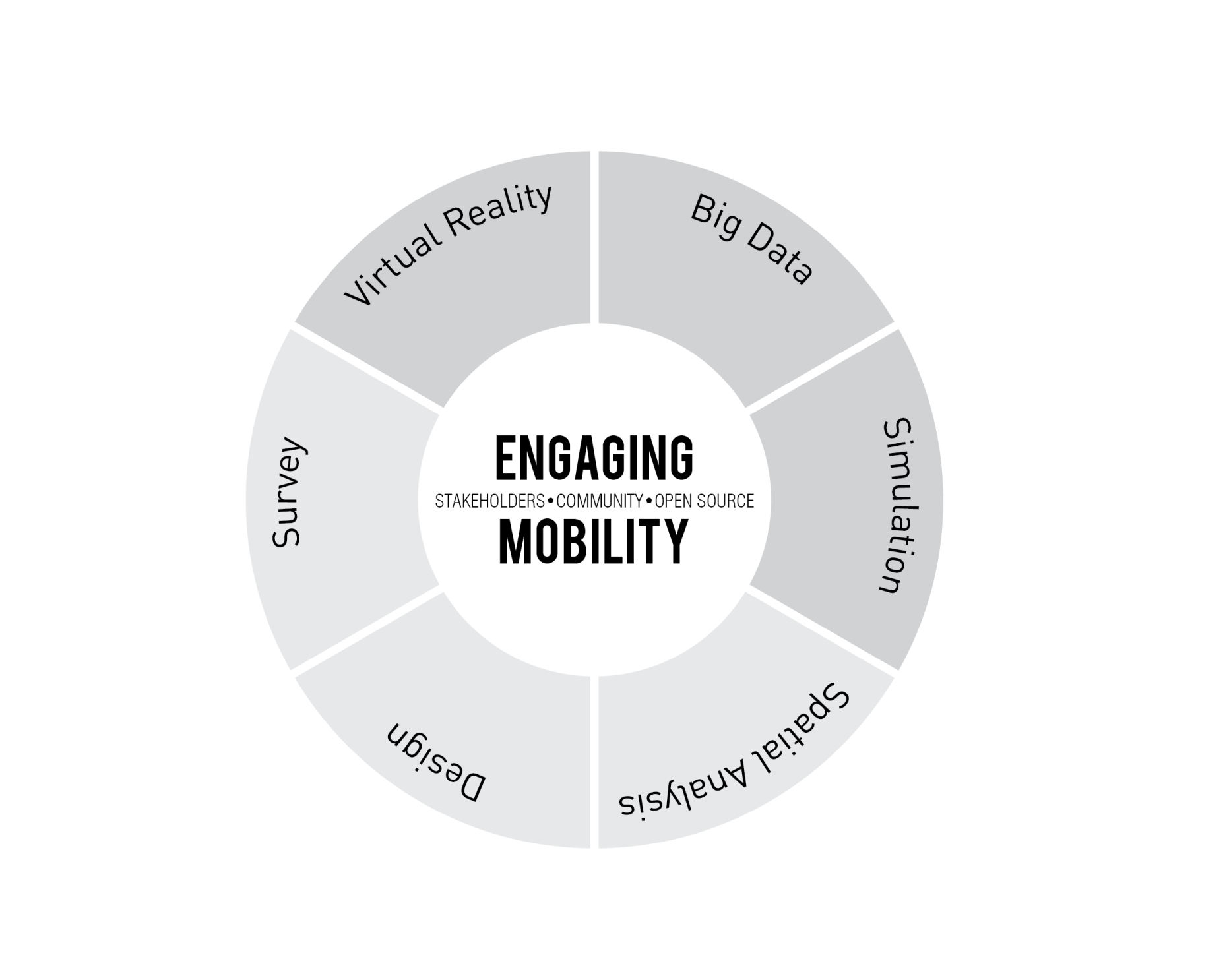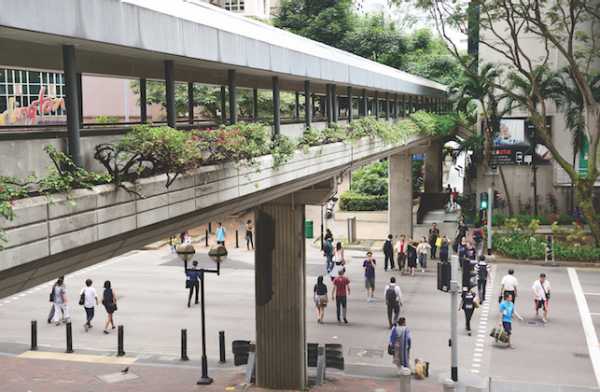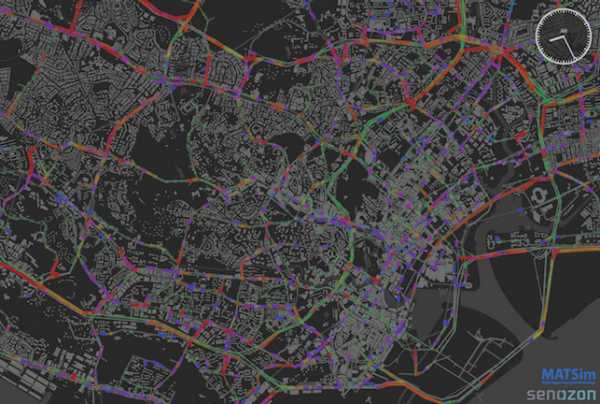Engaging Mobility

Understanding current and future urban mobility challenges through travel behaviour research, big data informed simulation, designing and evaluating alternative solutions.
The Engaging Mobility research project is designed as an open source platform to explore current transportation challenges and solutions using Singapore as a living lab. The platform engages with the local community physically through public events and virtually through a blog. Local stakeholders, like government agencies, educational institutes and enterprises, actively contribute to and draw insights from this platform.
Walking and cycling are not only the most sustainable modes of transport, they are also the most sensitive to the quality of the built environment and climatic conditions. But due to car-oriented street design and modernist urban planning, the potential of these active transport modes remains undermined in many cities. Therefore, new solutions at the intersection of urban design and transport planning are required to retrofit existing urban landscapes and plan new developments that support active modes of transport. Some of these issues are dealt with in projects like Bike to the Future, Measuring Pedestrian Comfort in High Pedestrian Activity Areas and Measuring Walkability.
Today, new big data streams generated by public transport smart cards and mobile phones allow one to observe urban mobility at an unprecedented scale. However, this data lacks the level of detail that is required for predictive transport simulation models. The challenge we are tackling is to enrich such data with behavioural information obtained from travel surveys and combine it with new insights from research on active mobility behaviour. Projects like From Big Data to Smart Data and Engaging Big Data are a step in this direction.
New transportation technologies are fast changing the current mobility landscape, in some case too fast for urban planning and policy to catch up. One such emerging technology is autonomous vehicles. In order to prepare cities for this new mobility paradigm, early stage planning and assessment of impact is essential. In the trans-disciplinary collaborative project Planning for Autonomous Vehicles, we envision alternative future scenarios to answer these questions through spatial analysis, design and simulation.
The MATSim (Multi-Agent Transport Simulation) Singapore model developed in FCL phase 1 will serve as a platform to test the viability of integrating big data stream for agent-based transport simulation. It is also instrumental in evaluating how different transport policies and urban design scenarios will impact travel flows on a large scale.
Using an evidence-based approach, Engaging Mobility will showcase how to integrate various streams of data and forms of user feedback to facilitate a responsive planning paradigm.

